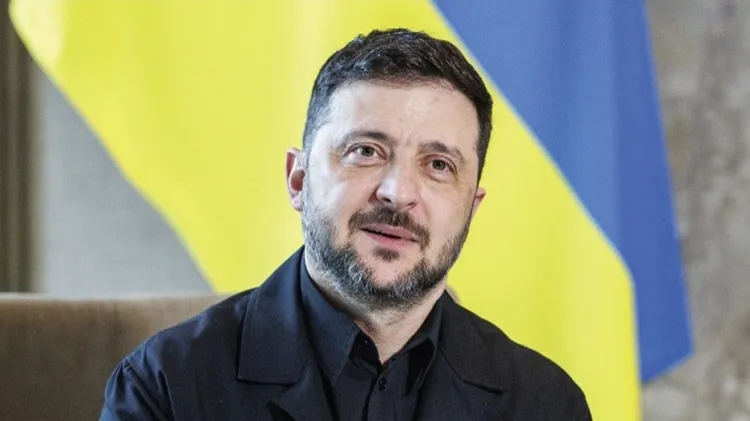“The world agreed to ‘try harder’, shorthand for ‘not any time soon’
Mark carwardine
2 min read
This article is from...
Read this article and 8000+ more magazines and newspapers on Readly






